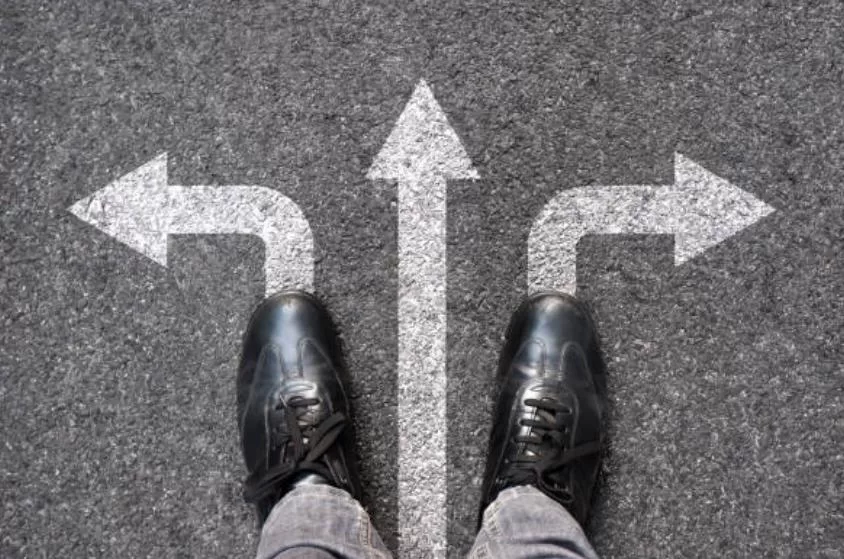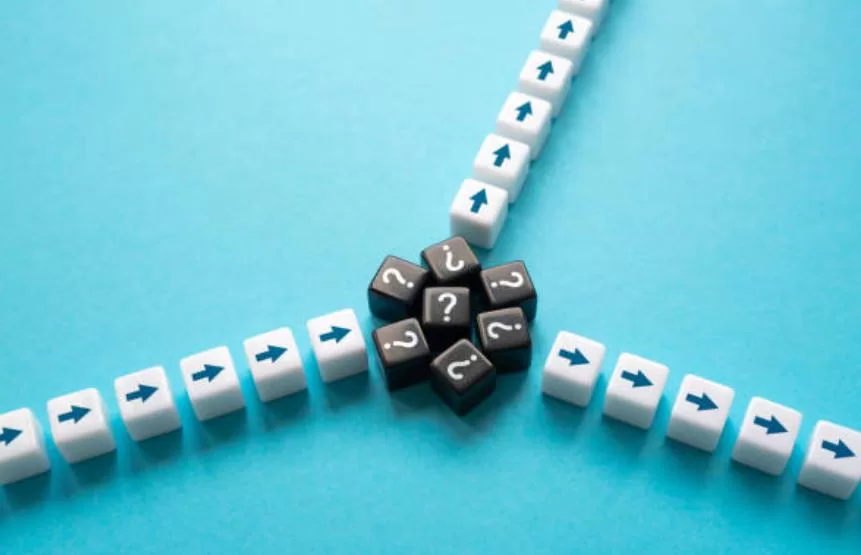How Can Meditation Be Used to Improve Decision-Making?

Selfpause Affirmation App
Download the app to get 1,000’s of affirmation meditations and everything you need to write, record and listen to your own.
Meditation has been practiced for thousands of years to promote both mental and physical well-being. It entails sitting comfortably, focusing on your breath, and cleansing your thoughts of any distractions. Many people utilize meditation to alleviate stress, relax, and improve their general health. But did you know that meditation can also help you make better decisions?

When we make judgments, our brains are constantly flooded with information and thoughts. This can make it difficult to concentrate and make sound decisions. Meditation can assist to relax the mind and eliminate mental noise, allowing you to concentrate on the task at hand. Regular meditation practice helps train your mind to be more present and less reactive, resulting in better decision-making.
Meditation can help with decision-making by enhancing attentiveness. Mindfulness is the ability to be fully engaged with what is going on around you in the present moment. When you are aware, you are less likely to be swayed by emotions or distractions and more likely to make rational decisions. Meditation can help you become more attentive by teaching your mind to focus on the present moment and let go of distractions.
Meditation can also assist to alleviate stress, which can improve decision-making. Stress can confuse our judgment and impair our ability to think rationally. When we are stressed, our bodies release hormones like cortisol and adrenaline, which can cause worry and terror. These emotions might make it difficult to concentrate and make decisions. Meditation can aid in stress reduction by calming the mind and decreasing the synthesis of these hormones. It is simpler to think clearly and make sensible decisions when we are calm.
Meditation can also help you make better decisions by enhancing self-awareness. The ability to understand our own thoughts, emotions, and behaviors is referred to as self-awareness. We are better able to understand our own biases and emotions when we are self-aware, which can lead to more informed decisions. Meditation can help us become more self-aware by teaching our minds to focus on the present moment and examine our own thoughts and feelings without judgment.

The ability to focus and improve concentration is another feature of meditation that can aid improve decision-making. When making judgments, we frequently have to process a large amount of information in a short period of time. This can be exhausting and make it difficult to concentrate on the task at hand. By training the mind to focus on one subject for an extended amount of time, meditation can assist to enhance attention and concentration. This ability to concentrate can aid in mind clearing, making it easier to digest information and make judgments.
Meditation can also aid with emotional regulation, which can improve decision-making. Emotions can be a powerful force that clouds our judgment and makes clear thinking difficult. It might be difficult to make sensible decisions when we are gripped by intense emotions. Meditation can help with emotional control by helping us to observe our emotions without becoming consumed by them. We can learn to control our emotions more efficiently and make better decisions if we become more aware of them.

Meditation can aid in the improvement of cognitive flexibility, or the ability to adjust to changing surroundings and think creatively. In today’s fast-paced world, we are frequently confronted with complicated and changing situations that necessitate thinking outside the box. Meditation can aid with cognitive flexibility by conditioning the mind to be more open and adaptable. We may solve problems more creatively and make better decisions by becoming more flexible in our thinking.
To summarize, meditation is a strong tool for improving decision-making. Meditation can assist to clarify the mind and make it easier to make clear, reasonable choices by enhancing mindfulness, reducing stress, boosting self-awareness, and improving focus and concentration. To get the benefits of meditation, begin with a few minutes every day and progressively increase the length of time spent in meditation. With consistent practice, you will see a difference in your decision-making abilities.
